(MENAFN- Asia Times) There appears to be a potentially big development in Ukraine focused on a negotiated deal with Russia.
t“Ukraine is ready for negotiations and a peace agreement,” Ukrainian Defense Minister Oleksiy Reznikov said –“if Russia changes the previously declared goals of the special military operation.”
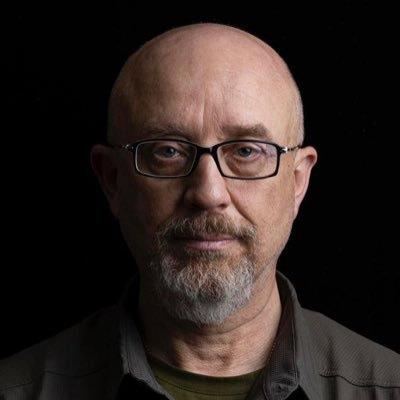
Okeksiy Reznikov (from Twitter)
His statement came after Ukrainian President Volodymyr Zelensky visited Kherson on June 8th to be updated on the ongoing offensive in the Zaphorize region.
No doubt Zelensky got news that he did not want to hear: The Ukrainian offensive is not going well and Ukrainian army losses have been heavy. The Russians have managed to knock out many Ukrainian tanks, including French-supplied AMX-10s and German-manufactured Leopard tanks transferred by Poland to Ukraine.
The Russians also destroyed the critical Hensoldt TRML-4D AESA radar, part of the iris-t air defense system that was brought up in range to support Ukraine's forces in the offensive. Its neutralization has given Russian forces command of the air above the battlefield.
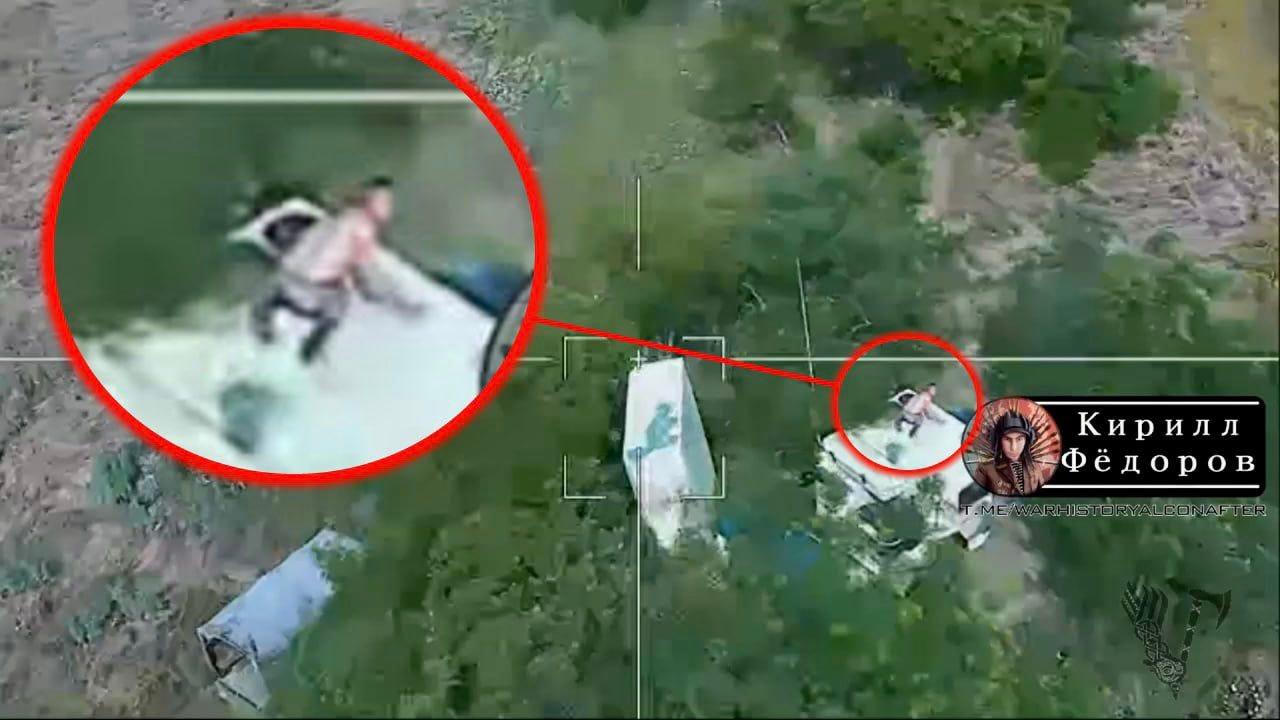
Iris T hidden among trees with soldier on top of the radar prior to its destruction
We don't know much about Russian casualties or material losses. We do know that what may have been Ukraine's best-modernized brigade – the 47th Mechanized, trained in Europe by NATO, equipped with night vision, thermal imaging gear and infantry fighting vehicles including the US Bradley, and backed by a massive amount of artillery including HIMARS – failed to gain ground or roll back the Russians.

It is unclear how much overall damage was done to this brigade, but other units have been mauled – so much so that some battalions refused to fight.
Ukraine still has a very large force it can bring to the battle, so the offensive is only in its early stages. But the Russians also have a huge reserve force, perhaps 200,000 soldiers, that they are starting to deploy.
Zelensky can't openly ask the Russians for a deal, as that would destroy his relationship with the US and other NATO countries and weaken him in Ukraine.
The question is, does Reznikov mean that his statement requires the Russians to agree in advance of negotiations to change their objectives? Or does he mean that the Ukrainian going-in position is that a deal will require a change in Russian special military operation objectives?
If he is asking the Russians to change their position in advance of a negotiation, that will be rejected out of hand. So far, there is no comment from the Kremlin and it is likely that Russian officials are trying to ascertain what Reznikov means and whether he actually has the authority to negotiate.
Recently Zelensky aimed to fire Reznikov for corruption. In heavily censored Ukraine,
stories were leaked
on Reznikov's dirty hands. Then, mysteriously, all was forgiven. Thus the relationship between Zelensky and Reznikov has to be difficult. Is Reznikov speaking for the rest of Ukraine's military leaders? Was Zelensky afraid of a potential coup if he followed through with his corruption threat?
Has Reznikov moved out on his own? That is one of the propositions the Russians need to test.
Russia can try and smoke out whether Reznikov is serious – and capable of negotiating – by floating some ideas of their own focused on their special military operation objectives. This can be done through public channels or through intermediaries or trusted go-betweens.
The last time there were serious negotiations between the two sides was when former Israeli Prime Minister Naftali Bennett shuttled among Ukraine, Russia, Germany and France. He says he was close to working a quid pro quo when his effort was undermined by the Biden administration, forcing Zelensky to call off any deal.
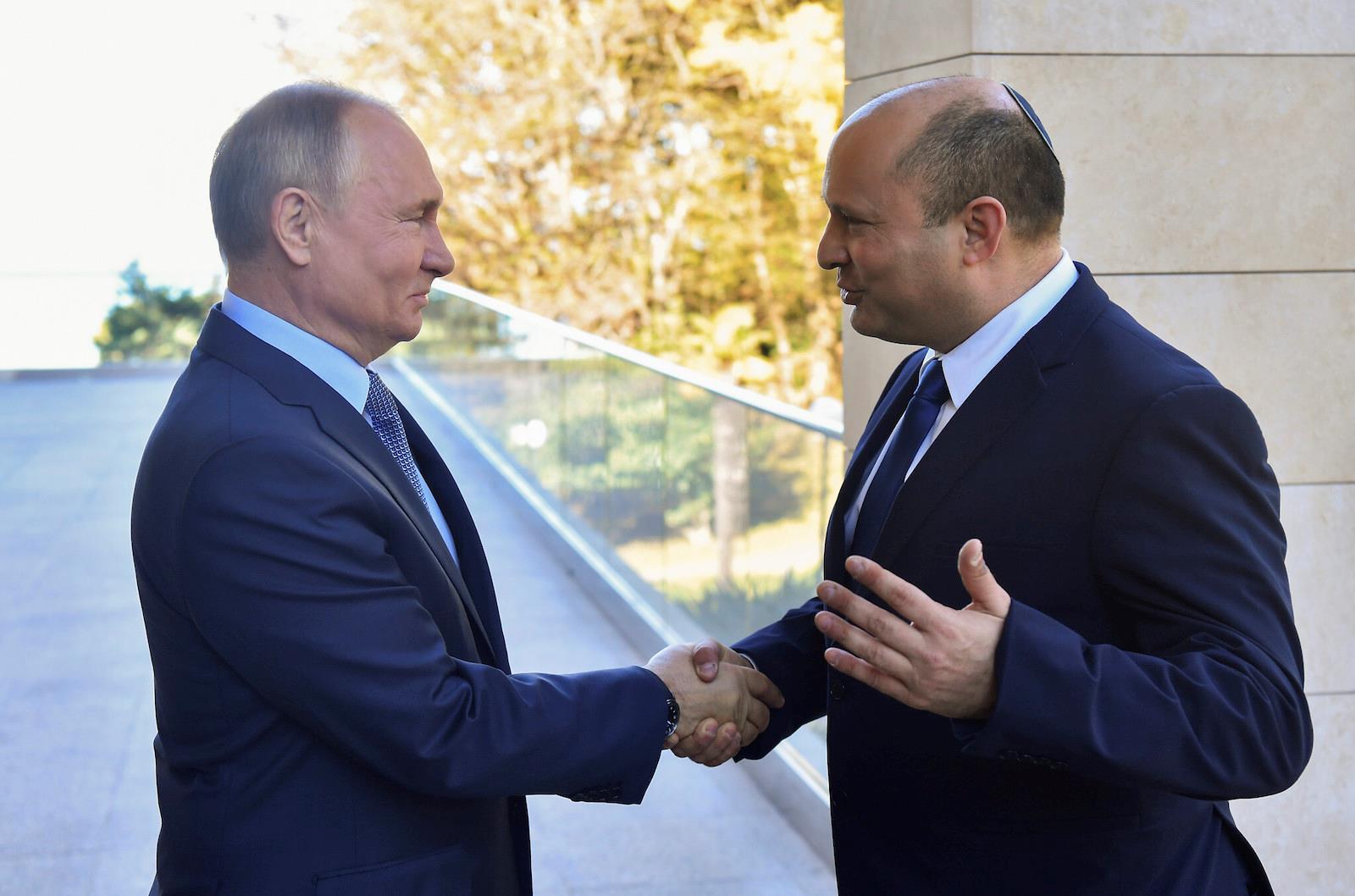
Illustrative: Russian President Vladimir Putin, left, and Prime Minister Naftali Bennett shake hands during their meeting in Sochi, Russia, on Friday, October 22, 2021. Photo: Evgeny Biyatov, Sputnik, Kremlin Pool
According to what bennett has stated , the key issue at the time was the preservation of Zelensky and his government, something that Putin was willing to guarantee. Putin also would have given up the Russian objective of the“demilitarization” and“denazification” of Ukraine.
Moscow and Washington say that Bennett mischaracterized the outcome of the negotiations.
In 1962 during the Cuban missile crisis, US President John F. Kennedy circumvented his national security team and sent his brother, Robert Kennedy, into secret meetings with the Russian ambassador to the US, Anatoly Dobrynin. Robert Kennedy was then attorney general.
The question Soviet Premier Nikita Khrushchev had was whether Robert Kennedy was just freelancing or really was speaking for his brother. A Soviet journalist, Alexei Adzhubei, the son-in-law of Nikita Khrushchev, interviewed President Kennedy, not for publication, on January 30, 1962. His big question concerned the authority of the president's brother. Kennedy confirmed that his brother represented him.
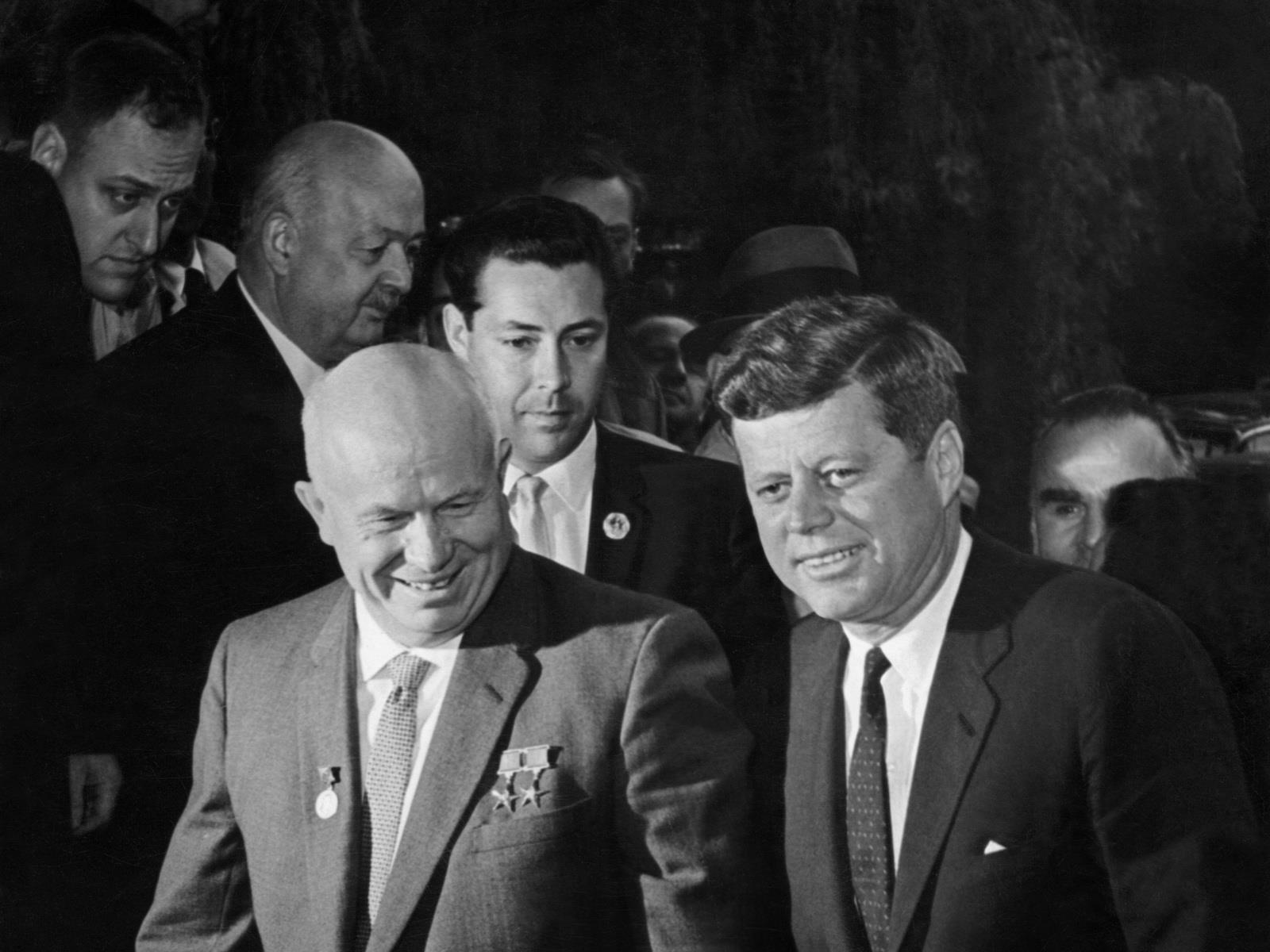
US President John Fitzgerald Kennedy (R) and USSR leader Nikita Sergeyevich Khrushchev head to their first meeting 03 June 1961 at the start of the East-West talks in Vienna, one year before the beginning of the 1962 Cuban missile crisis. President Kennedy ordered a blockade of Cuba in October, 1962 after the Soviet Union began to transport missiles on the island. Photo: INTERFOTO
That opened the door to a set of secret negotiations that resulted in the withdrawal of Russian missiles from Cuba and the removal of US nuclear-armed Jupiter missiles from Turkey, although the Jupiter part of the deal was not announced at the time.
If in fact Reznikov is authorized to enter into real negotiations with the Russians, he needs to be able to prove it to the Russians.
If Reznikov is operating on his own authority but represents a significant part of the Ukrainian security apparatus, then his initiative will interest the Russians as a way to crack Ukrainian unity.
But the most important possibility is that a real negotiation could be possible.
If this gambit proves out to be nothing, the war will continue.
stephen bryen is a senior fellow at the center for security policy and the yorktown institute . This article was originally published on his Substack, Weapons and Strategy. Asia Times is republishing it with permission.
Like this:Like Loading...



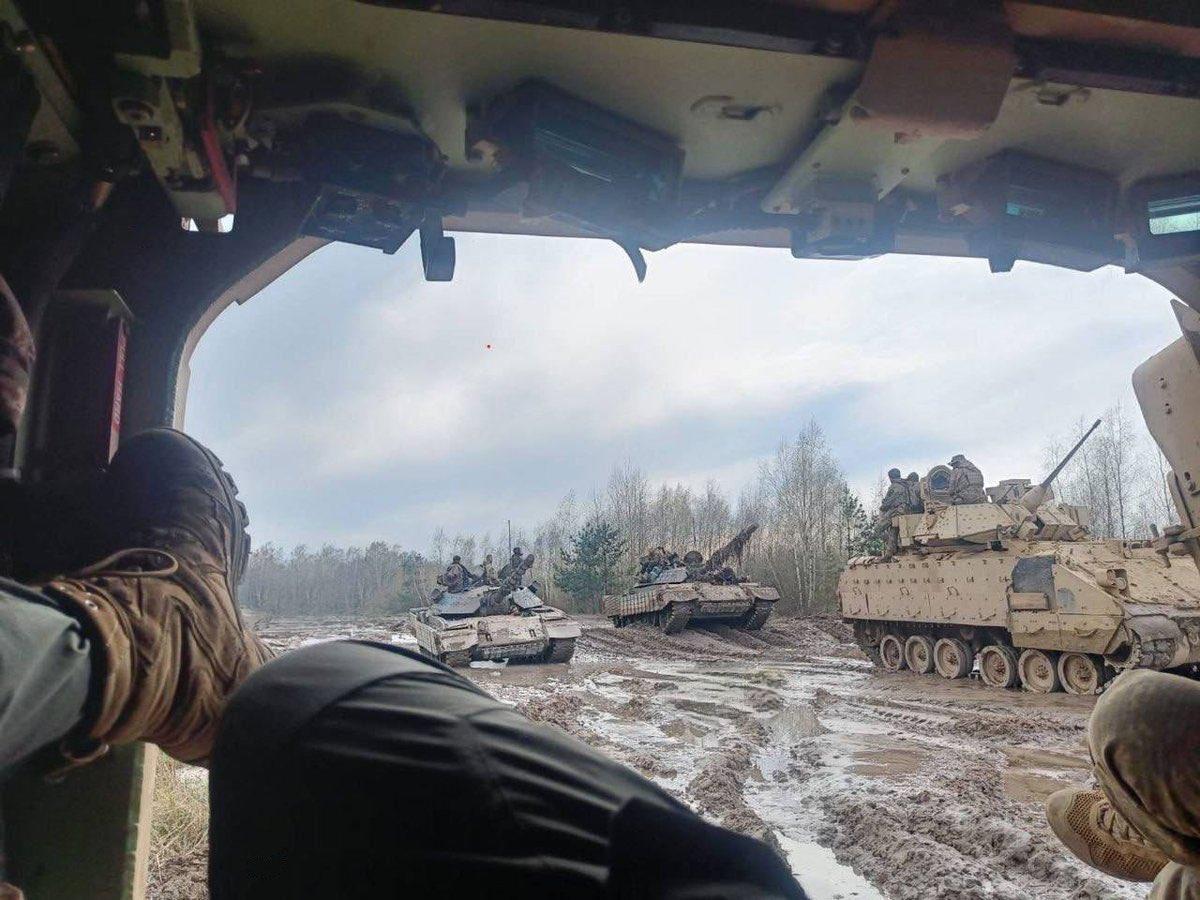
























Comments
No comment